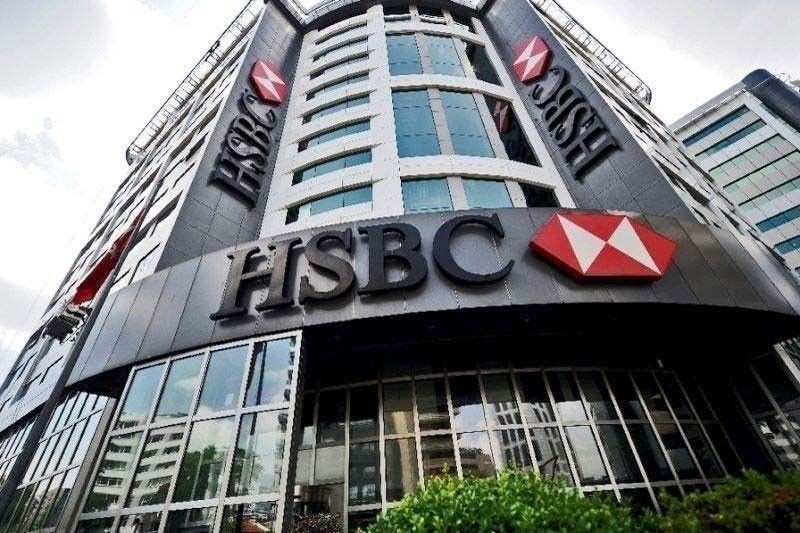BSP can break free from US Fed – HSBC

MANILA, Philippines — An improving current account balance, promising outlook for foreign direct investments and a substantial slowdown in inflation are three possibilities that can help the Bangko Sentral ng Pilipinas (BSP) cut borrowing costs ahead of the US Federal Reserve, according to British banking giant HSBC.
In a report, HSBC economist for ASEAN Aris Dacanay said that while the BSP is unlikely to cut ahead of the Fed this year, the British bank noted that the Philippines’ monetary policy is becoming more independent from the US central bank.
“We highlight three possibilities that could help the BSP break free, even partially, from the Fed,” he said, citing that the current account balance, the real policy rate differential between the two central banks and inflation must be better than pre-pandemic levels.
“If these fundamentals continue to improve and we see the Fed dot plot delaying its first rate cut, perhaps, to next year, the BSP might not necessarily need to follow suit,” he said.
According to Dacanay, the Philippines’ external fundamentals are improving faster than what many had anticipated amid robust consumption and overseas remittances.
The Philippines’ current account deficit narrowed slightly to $1.7 billion in the first quarter from a year-ago level of $4.4 billion, based on BSP data.
“Monetary policy independence depends on how much external capital an economy needs and the economy’s ability to lure the capital needed,” Dacanay said.
“The country’s external fundamentals look great and should get even better. With an improving trade balance, the Philippines will soon rely less on foreign capital than before. It just needs a bit more time,” he said.
Last week, the BSP lowered its current account deficit target for 2024 to $4.7 billion (-one percent of GDP) from the previous forecast of $6.1 billion (-1.3 percent of GDP) and to $2 billion (-0.4 percent of GDP) for 2025 from the original target of $5.8 billion (-1.1 percent of GDP).
Dacanay said these new targets are not far-fetched as goods and services trade balance are continuously improving.
The Philippines is also in a better position to attract the capital needed to finance a narrowing external deficit amid likely higher investments once foreign direct investment approvals turn into actual inflows, he said.
FDIs grew by 23 percent to $686 million in March from $557 million in the same month last year, bringing the first quarter FDI inflow to $2.97 billion, 42 percent higher than last year’s $2.09 billion.
Meanwhile, Dacanay said the Philippines is the only ASEAN economy whose real policy rate differential with the Fed already exceeds pre-pandemic levels.
“This differential matters. The wider the differential, the better the ability an economy has to lure foreign portfolio inflows, which, in turn, mitigates any volatility in the peso,” he said.
He also said that if inflation continues to remain within the two to four percent target of the BSP, especially after the government announced that it would be slashing the tariff rates on rice to 15 percent.
“This would be a substantial decrease in inflation, which, in turn, would widen the Philippines’ real policy rate differential with the Fed,” he said.
“If there is one policy that we suggest keeping an eye on, it would be this. Its quick implementation could set the stage for the BSP to break free, even partially, from the Fed,” he said.
The BSP hiked interest rates aggressively by 450 basis points from May 2022 to October 2023, bringing the benchmark rate to 6.5 percent, the highest in 17 years.
BSP Governor Eli Remolona, Jr. earlier said the BSP could cut borrowing costs by 25 basis points as early as August, possibly ahead of the US Federal Reserve.
- Latest
- Trending
































